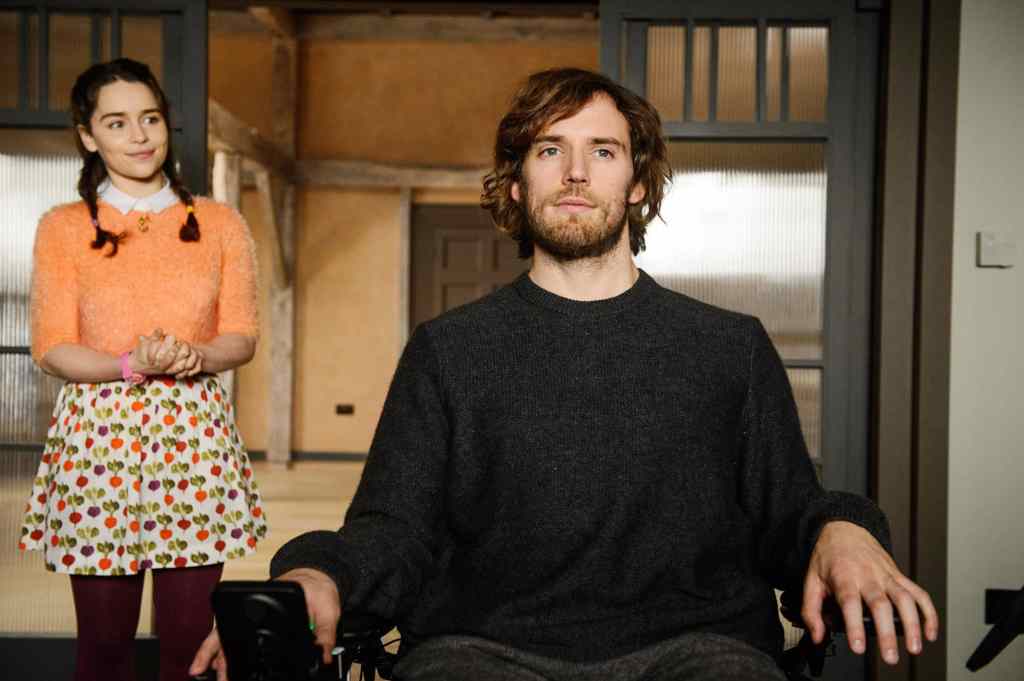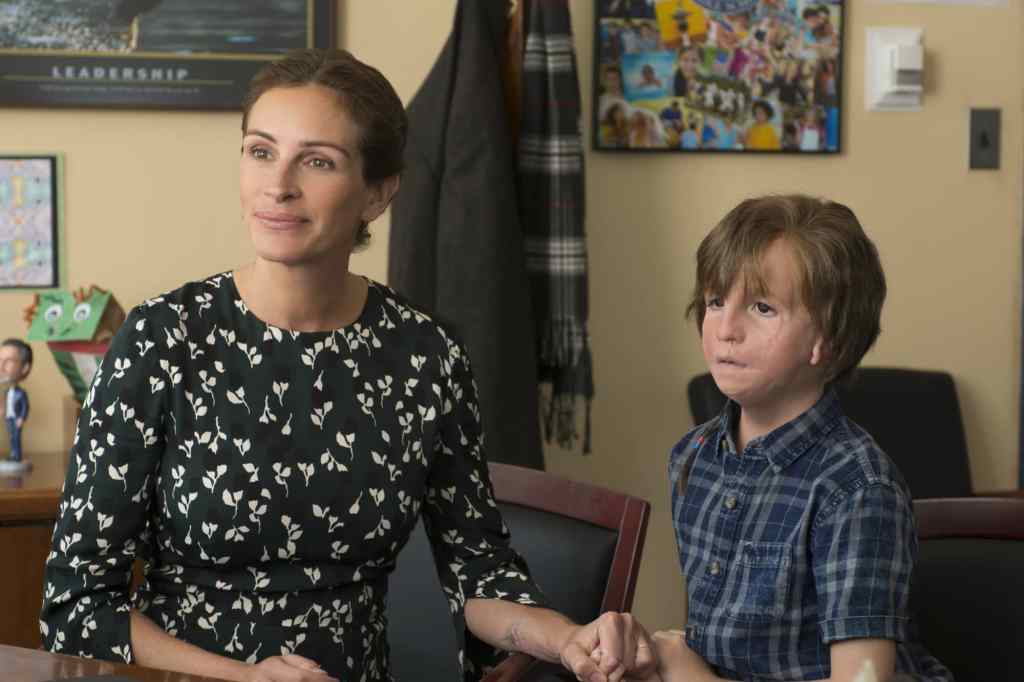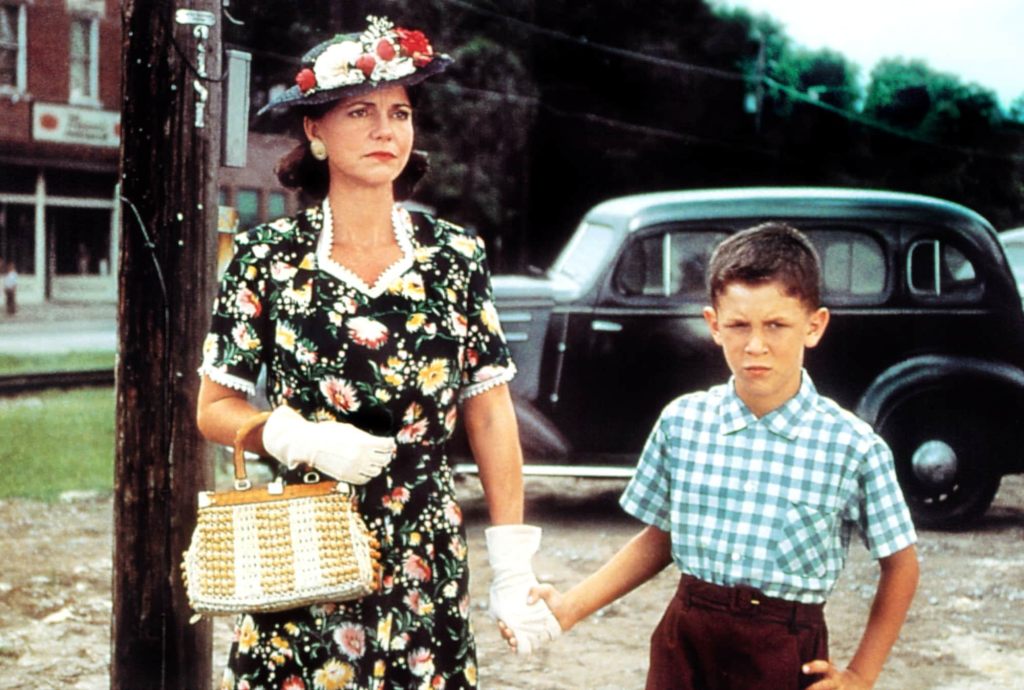
- POPSUGAR Australia
- Celebrity
- 5 Movies You (Probably) Didn't Know Are Ableist and 5 More That Challenge Ableism
5 Movies You (Probably) Didn't Know Are Ableist and 5 More That Challenge Ableism

Ableism, defined as discrimination or oppression based on one’s disability or perceived disability, pervades our culture. Fear of disability, misconceptions, and stereotypes about disabled people are so common that most people don’t even notice them. Popular movies and television shows perpetuate ableism in ways that go unnoticed by mainstream society and even movie critics. Not sure what this means?
For educational purposes, I compiled this list of movies that perpetuate ableism and ones that challenge it. This does not mean that the movies themselves are bad or the people who created them intended to be ableist. You can still enjoy movies while acknowledging that they rely on ableist premises. As a cinephile myself, I do not intend to “cancel” any of the films mentioned here. Instead, I hope to start a conversation. I also want to acknowledge that all of the disabled characters mentioned in this piece are white and cisgender; Hollywood has a long way to go in terms of depicting intersectional identities.
Why Me Before You Is Abelist
Perhaps the most popular movie on this list, Me Before You tells the story of a man named Will (Sam Claflin) who becomes paralyzed and gradually falls into a depression. Instead of getting him a professional to unpack his mental health issues, Will’s parents hire Louisa (Emilia Clarke), a young caregiver with no qualifications, to cheer him up. This perpetuates the incorrect idea that disabled people are depressed solely because of their disability, and if given a romantic interest, they could be cured of their mental issues. As the movie nears its end, it seems that Will wants to end his life because he believes Louisa would be better off without him. Disabled people are not burdens on their caretakers, family members, friends, or romantic partners.
As both a physically disabled and mentally ill woman, I have experienced biases from mental health professionals (telling me that they’d be depressed if they were in my “position” too). When my able-bodied peers struggle with depression, they get treatment. When physically disabled people experience mental illness, they should also be able to access treatment. Suicide prevention cannot be reserved solely for people who are able-bodied.
Why The Shape of Water Is Abelist
The problems with The Shape of Water have already been covered extensively by other disabled activists, so I won’t delve too deeply into it, but one of the biggest issues with this movie is the idea that disabled people are unlovable and do not belong with other humans.
The protagonist, Elisa (Sally Hawkins), is a deaf woman. Because she cannot communicate effectively with others (or, more precisely, others cannot communicate with her because they refuse to learn to sign), she spends her life in isolation. She works as a janitor in a government laboratory, where she meets the sea creature who becomes her love interest. Elisa falls for this creature not only because they both share the experience of being different, but also because the creature does not notice her deafness.
While many people think it is progressive to not see (read: acknowledge) a person’s disability, they are really just denying a part of that person’s humanity. For the most part, people who claim to not notice disability are projecting their own discomfort with it on a disabled person.
Why Wonder Is Ableist
This is perhaps the most surprising film on the list given the outpouring of praise that followed the release of Wonder. The praise mostly came from teachers and parents of disabled children who felt that the movie had a good message – one of acceptance and embracing those who are different from us. However, as a disabled adult, I interpreted the film a bit differently.
Like nearly every film on this list (both the ableist and the anti-ableist ones), Wonder includes “cripping up,” which is a term used to describe the practice of nondisabled actors playing disabled characters. Auggie, the main character, is played by Jacob Tremblay. The book’s author, R.J. Palacio, defended the decision by saying that when they auditioned someone with a craniofacial disorder for the main role, they couldn’t understand him. As someone with a speech disorder, I would have liked to see a more accurate depiction of the disorder, because speech disorders are stigmatized.
Another problem with the film is that it uses Auggie, the disabled protagonist, as a teaching experience for his nondisabled peers. The story should focus more on Auggie and his growth rather than how his presence impacts those around him.
Why Stronger Is Ableist
Based on the true story of Boston Marathon bombing survivor Jeff Bauman, Stronger aspires to be an inspirational tale about one man overcoming adversity. (This man happens to be played by Jake Gyllenhaal.) I do not want to take away from what Bauman went through. The Boston Marathon bombing was a horrific event, and I’m sure that Bauman was traumatized and had to work hard to be where he is today. But there is a history of disabled people being painted as inspiring in the media. In the disabled community, this is commonly referred to as “inspiration porn,” because disabled people are exploited and objectified in order to inspire able-bodied onlookers.
Why Forrest Gump Is Ableist
Forrest Gump is an American classic, but that doesn’t absolve its ableism. In the opening sequence, Forrest miraculously sheds leg braces – a common assistive device for disabled children – and is suddenly “cured” of his disability. Not only is this unrealistic, but it is also ableist. Forrest shouldn’t have had to lose his disability in order to succeed, but in the movie he does. It sets him up as the hero of the film, insinuating that the protagonist couldn’t have a visible disability for the audience to root for him.
It should also be noted that it is implied throughout the film that Forrest has some sort of cognitive disability. It becomes almost satirical to see a man unknowingly be a part of so many major events in United States history. People with cognitive disabilities can and do make history, but their accomplishments shouldn’t be the butt of a joke.






